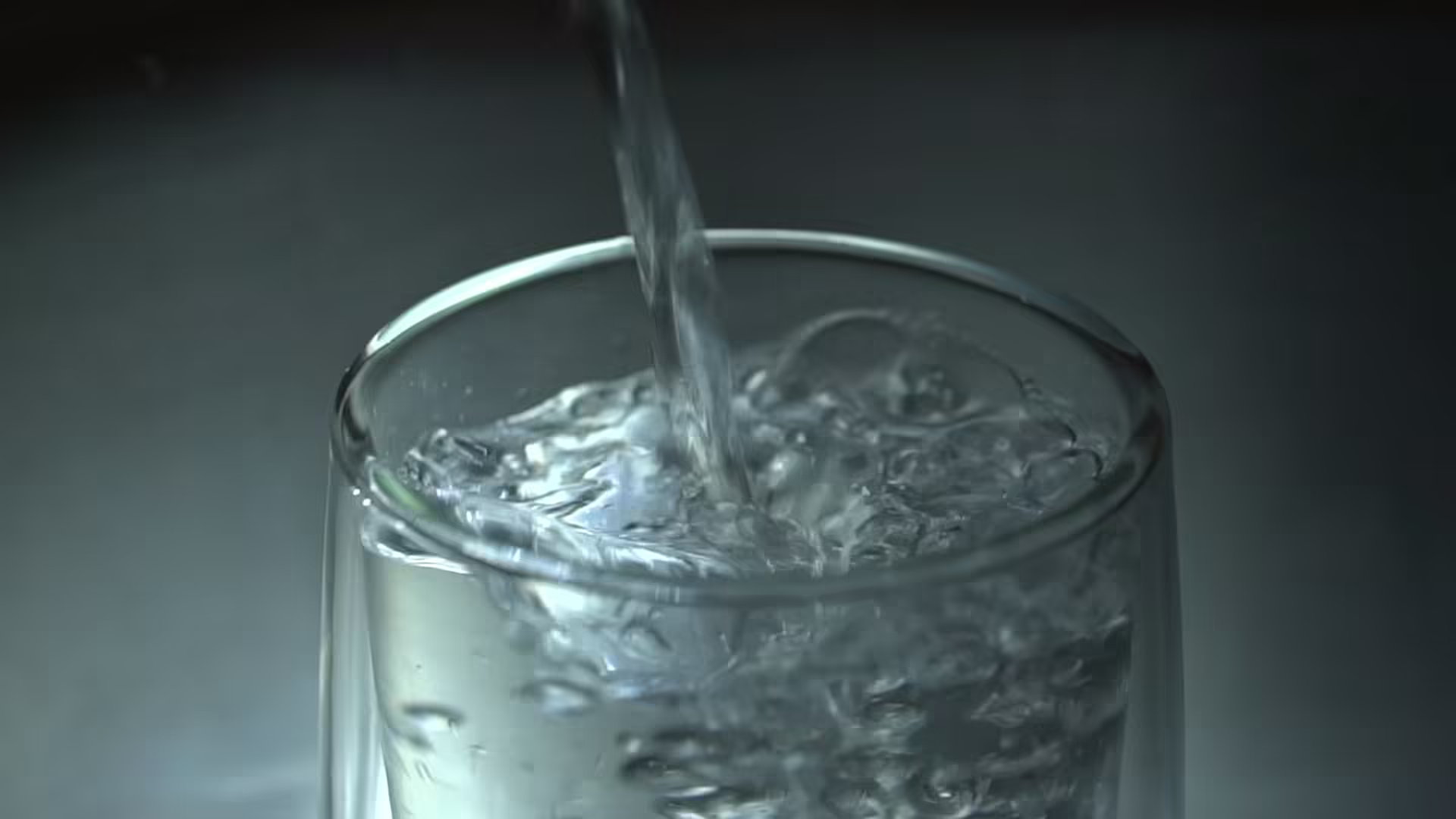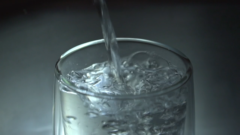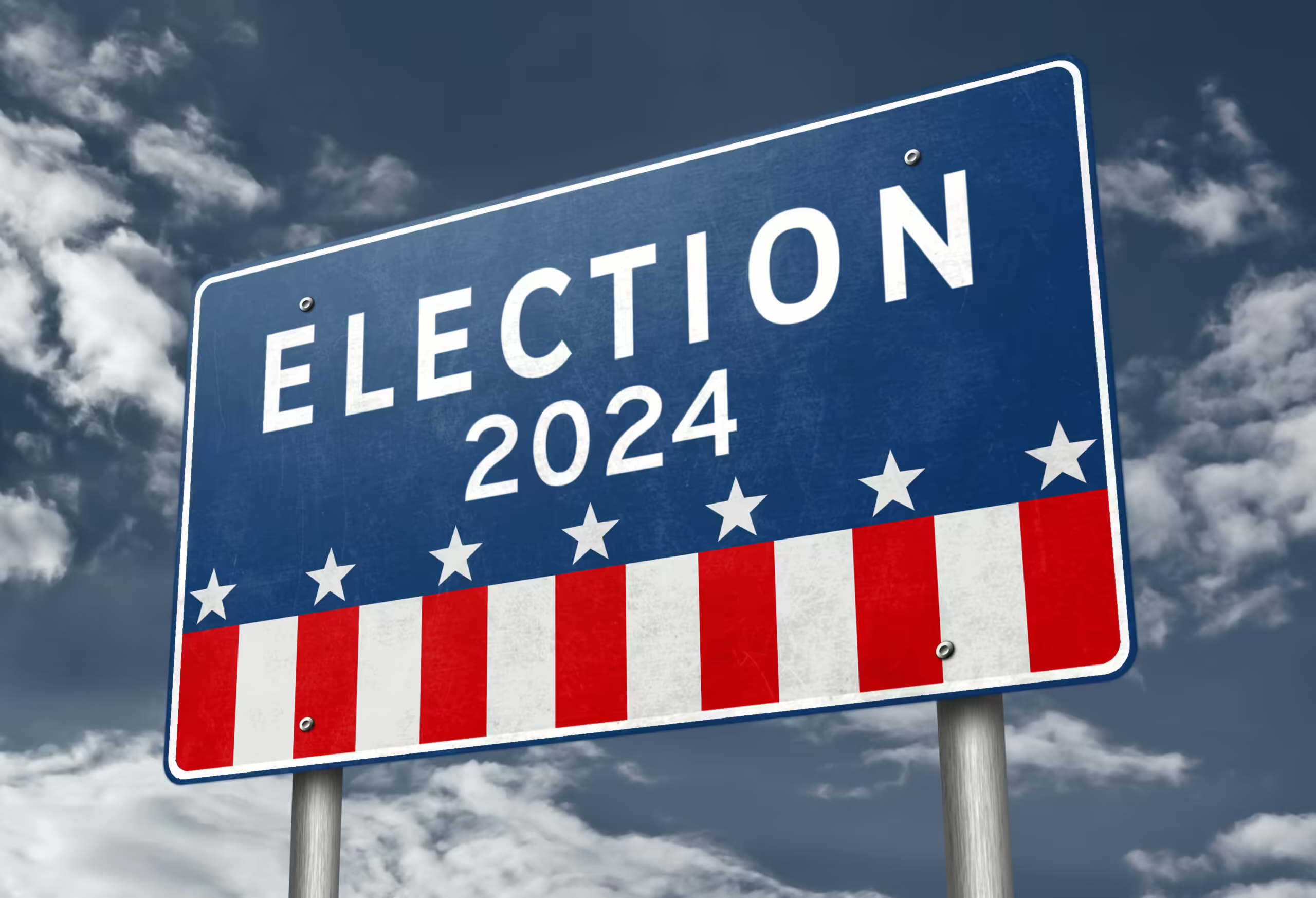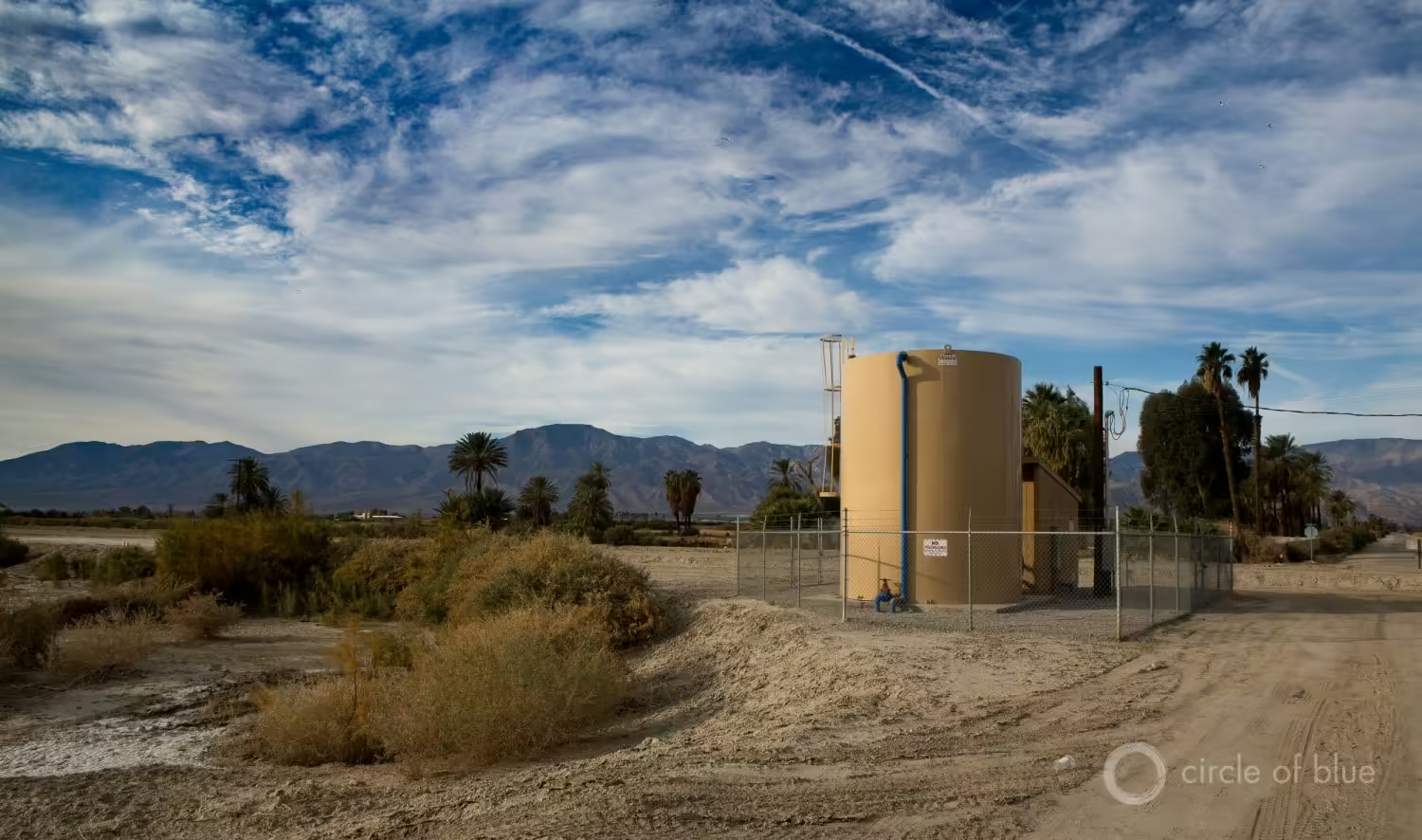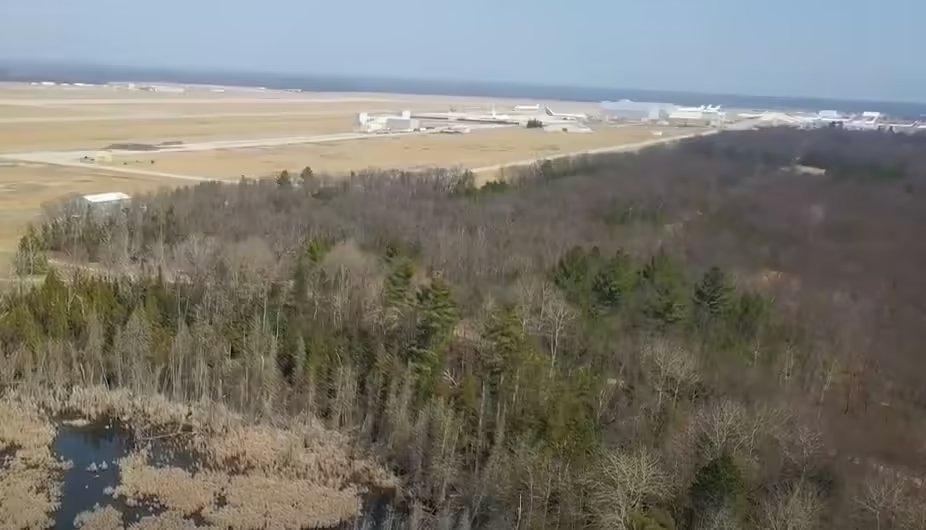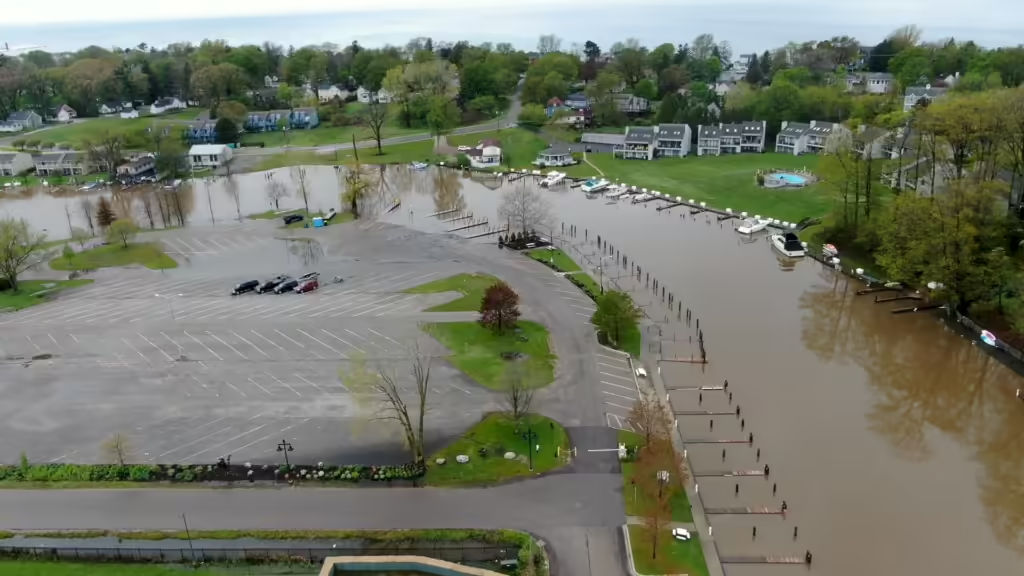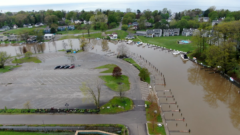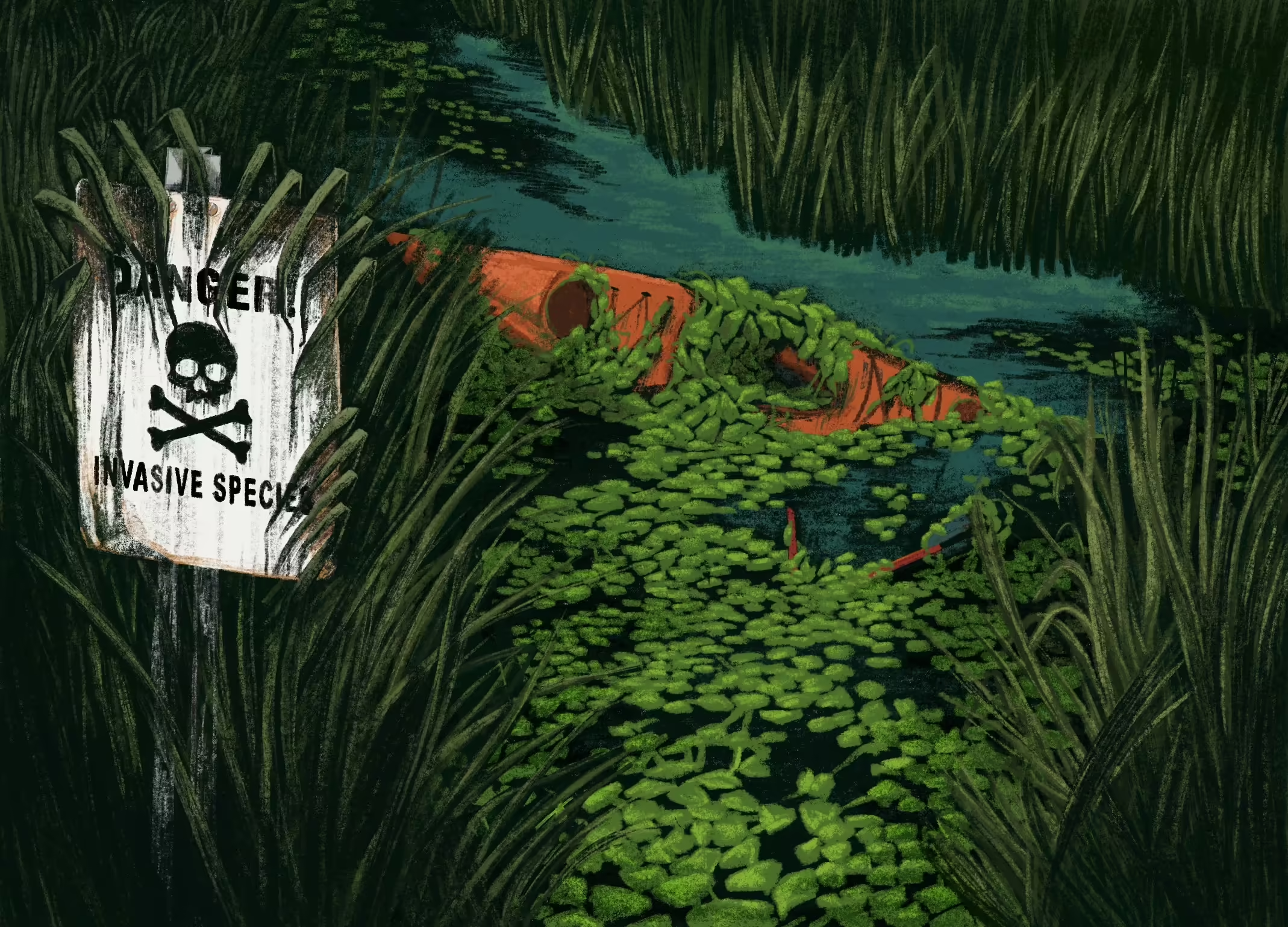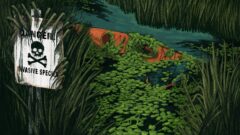Tag: Minnesota
Minnesota’s state fish is delicious, but at risk
Walleye is a big deal in Minnesota, but its popularity has gotten the fish into some pretty deep water, and it might not be available forever if overfishing continues. Read […]
Waves of Change: Meet Maji ya Chai Land Sanctuary founder Rebeka Ndosi
Waves of Change is an online interview series highlighting the diverse faces and perspectives shaping the environmental justice movement throughout the Great Lakes region.
We spoke with Rebeka Ndosi, founder of the Maji ya Chai Land Sanctuary, a Black-led healing sanctuary just outside of Two Harbors, Minnesota. Ndosi is a healer, teacher, public speaker and community coach.
Mining is back in Michigan’s Upper Peninsula. Here’s how it works
By Kelly House, Bridge Michigan
The Great Lakes News Collaborative includes Bridge Michigan; Circle of Blue; Great Lakes Now at Detroit Public Television; Michigan Public, Michigan’s NPR News Leader; and The Narwhal who work together to bring audiences news and information about the impact of climate change, pollution, and aging infrastructure on the Great Lakes and drinking water.
Ohio environmental advocates weigh in on 2024 presidential candidates’ stance on climate change
By Zaria Johnson, Ideastream Public Media
This story was originally published by Ideastream.
As election day approaches, presidential candidates Donald Trump and Kamala Harris continue to campaign on issues that are top of mind for many voters like the economy, crime and immigration.
2024 Election: State and Local Voters Consider Tax Increases for Water Protection
By Brett Walton, Circle of Blue
The Great Lakes News Collaborative includes Bridge Michigan; Circle of Blue; Great Lakes Now at Detroit Public Television; Michigan Public, Michigan’s NPR News Leader; and The Narwhal who work together to bring audiences news and information about the impact of climate change, pollution, and aging infrastructure on the Great Lakes and drinking water.
Conservation group aims restoration work on watershed that feeds Lake Superior
A Minnesota conservation group wants to focus on land protection and restoration near the St. Louis River as a part of a multi-state initiative known as the Greater Lakes Promise, […]
Nibi Chronicles: Manoomin as medicine
“Nibi Chronicles,” a monthly Great Lakes Now feature, is written by Staci Lola Drouillard. A Grand Portage Ojibwe direct descendant, she lives in Grand Marais on Minnesota’s North Shore of Lake Superior. Her nonfiction books “Walking the Old Road: A People’s History of Chippewa City and the Grand Marais Anishinaabe” and “Seven Aunts” were published 2019 and 2022, and the children’s story “A Family Tree” in 2024.
PFAS Roundup: Vice President Harris supports Michigan-led plan to provide medical care for military victims of PFAS
Michigan Democratic Sen. Debbie Stabenow and Rep. Dan Kildee introduced The Veterans Exposed to Toxic PFAS Act in July of 2023. Recently, Vice President Kamala Harris announced her support for the bill as a part of her presidential campaign. If passed, this would make it easier for veterans who were exposed to perfluoroalkyl and polyfluoroalkyl substances (PFAS) while serving to access medical benefits and disability.
Climate change isn’t a top issue in this election. Some Wisconsin voters say it should be.
By Danielle Kaeding, Wisconsin Public Radio
This article was republished here with permission from Wisconsin Public Radio.
Outside a September rally with Minnesota Gov. Tim Walz at the University of Wisconsin-Superior, Ashland business owner and Democrat Will Pipkin set up signs with a cavalcade of slogans, including “Another cat lady for democracy” and “Without a healthy climate, there’s no freedom.”
Pipkin said he’s backing Vice President Kamala Harris and Walz in the presidential race because they’re the most progressive choice, and he thinks they would continue President Joe Biden’s work on green initiatives and climate change.
Great Lakes most unwanted: Top 10 invasive species
Long after the Halloween season has ended, some of the Great Lakes’ most infamous invasive species remain a scary sight: blood-sucking parasites with suction-cup mouths, thousands of rotting fish carcasses washed ashore and sharp mussel shells that puncture the feet of unsuspecting beachgoers.
At least 188 nonnative aquatic species have been introduced to the Great Lakes, and over a third have become invasive, meaning they can have negative health, ecological and socioeconomic impacts when introduced to new ecosystems.



